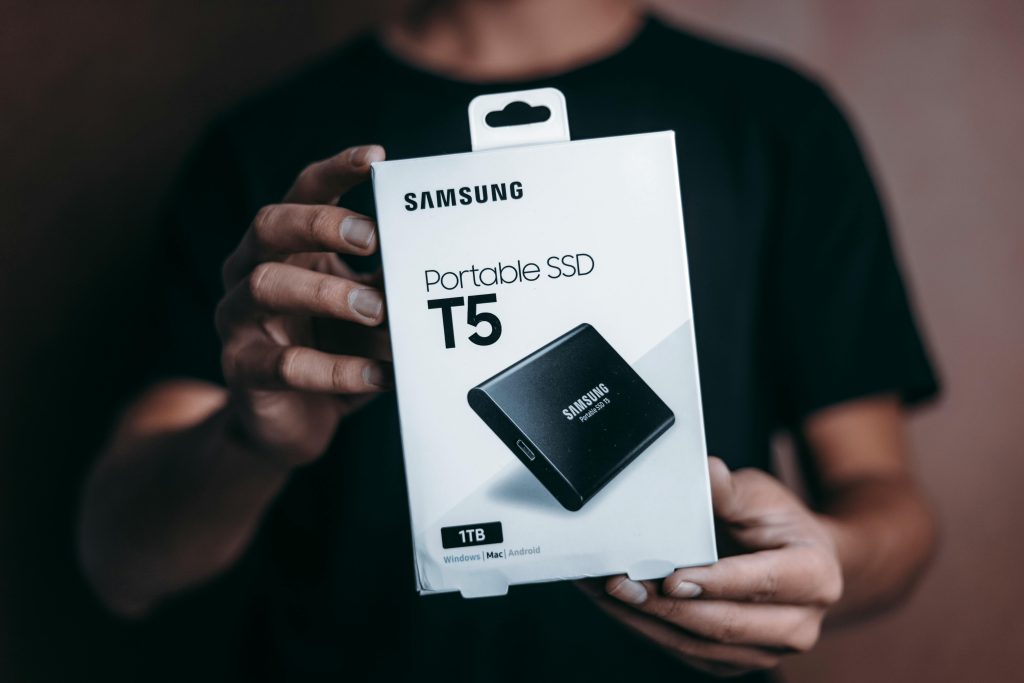Unexplained Browser History: A Deep Dive into Potential Security Issues
Have you ever checked your browser history and found websites you’re certain you or anyone in your household never visited? If so, you’re not alone. Recently, a user experienced this exact uncertainty and discovered a series of questionable sites in their browsing history, raising concerns about their laptop’s security.
The Mysterious Laptop Fan
Initially, the user noticed an unusual behavior with their laptop’s fan. It was operating louder than usual, especially during idle periods while gaming—prompting suspicion. Sometimes, the fan’s speed would dramatically decrease as they actively used the computer, adding to the mystique of what might be happening behind the scenes.
The Eye-Opening Discovery
Upon reviewing their browser history, the user was taken aback by the array of unfamiliar websites. These sites covered a wide range of topics, from movie ticket sales to tech support services, none of which the user had any intention of visiting. Here are a few findings from their historical data:
- Multiple entries related to ticket purchases for animated films.
- Links to various fitness and wellness platforms.
- A suspicious listing from an IPTV service offering high-definition channels in Canada.
Each entry raised red flags, especially considering the user had no recollection of visiting these sites.
Designated Concerns
The potential implications of finding such discrepancies in browser history are serious. Here are some key considerations for anyone facing a similar situation:
-
Could Your Device Be Compromised?
If your browser history includes sites you’ve never visited, it could indicate that your device has been accessed by someone else. Unauthorized access can lead to further security issues, including data loss or identity theft. -
The Importance of Security Software:
Ensuring that you have updated antivirus and anti-malware software installed on your laptop is critical. Regular scans can help detect any malicious activity and safeguard your personal data. -
Browser Settings and Privacy Tools:
Utilize browser settings to manage cookies and cache effectively. Tools like VPNs can add extra security layers by anonymizing your browsing activity, making it harder for anyone to track your online presence. -
Consider Changing Passwords:
If you suspect unauthorized access, changing passwords for sensitive accounts is a wise precaution. Ensure that your new passwords are strong and unique. -
Connecting with a Professional:
If the situation escalates or you remain concerned about security, consulting with an IT
Share this content:

